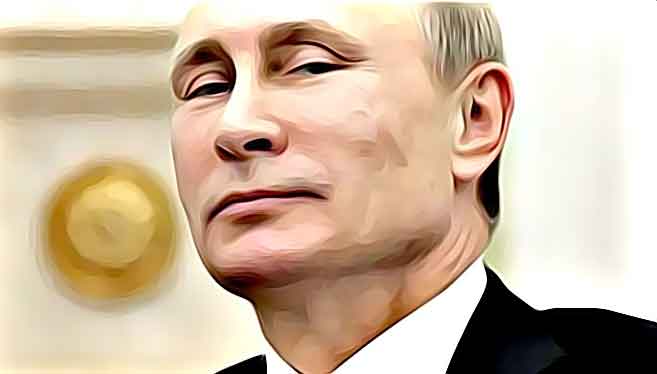
Is it 1346? 1631? 1870? 1941? Or 2022?
The answer is any of the above, and all of the above. The Russian siege of Mariupol is shocking not because it is unprecedented, but because it is so traditional -- a form of war that is grinding, brutish, and all too typical in European history.
If you refer, say, to the siege of Vienna, the next question, is which one? The siege of 1485 (during the Austro-Hungarian war), 1529 (during the first Ottoman attempt to take the city), 1683 (during the second), or 1945 (when the Soviets drove westward at the end of World War II)?
The Hundred Years' War featured countless sieges. Henry V, the English king of Shakespeare fame, conducted more than two dozen from 1417-1419. Joan of Arc became a legend at the Siege of Orleans and was captured at the Siege of Compiegne.
"No form of land-based combat has been more commonplace than the siege, through the sweep of human history from the earliest known wars to the investment of Leningrad in 1941-1944," Paul Lockhart writes in his compelling new history of military technology, "Firepower."
During Vladimir Putin's first invasion of Ukraine in 2014, then-Secretary of State John Kerry said that he was behaving "in a 19th-century fashion." The truth is that Putin is behaving in a 19th-century, 20th-century and 21st-century fashion. He is confirmation of the fact that progress is not inevitable, and peace and order are fragile. Human nature means that remorseless and power-hungry men will always be with us, no matter how advanced we believe we have become.
Russia's operation in Mariupol, the strategically located port city on the Sea of Azov, has been blatantly bloody-minded. It hasn't even made a pretense of honoring basic decency, let alone the modern rules and norms around warfare. The Russians have cut off food, electricity and medical supplies, and been reducing the freezing city to rubble.
By some estimates, 80% of the residential buildings in the city have been damaged. The Russians, notoriously, shelled a maternity ward and a theater and a school where people were sheltering. Authorities have been forced to bury the accumulating dead bodies, wrapped in carpets or bags, in a mass grave.
Ukrainian President Volodymyr Zelenskyy has said that the siege of the city is a "terror that will be remembered for centuries." It certainly deserves to live in infamy, although it's hardly a new phenomenon.
The Prussians -- cynical empire-builders like Putin but considerably more competent -- besieged Paris in the Franco-Prussian war in 1870. Starving Parisians ate cats and dogs, and when the siege dragged on, the Prussians shelled the Left Bank of the city, forcing people to flee, killing civilians, and hitting hospitals. The Prussians eventually prevailed, and proclaimed William I the German emperor in the Palace of Versailles in 1871, a stark humiliation for the French.
Although much of Europe has left behind this kind of machtpolitik, neither Russia nor China has. Putin's brutalizing of Ukraine is a reminder of how essential it is to support the Western order -- the alternative is so much worse.
It is a reminder of how human affairs can easily slide backwards -- the history of civilization is of folly, catastrophe and decline, as well as of enlightenment, achievement and progress. And it is a reminder that when a nation is determined to rule by blood and iron, hard power is the only deterrent and recourse -- if anything saves Ukraine, it will be missiles, drones and artillery, not norms or treaties.
No matter how much we wish it were so, Vladimir Putin is not a figure from the European past. He is a man of its present, and if not met with clear-thinking and resolve, of its future as well.
(COMMENT, BELOW)


 Contact The Editor
Contact The Editor
 Articles By This Author
Articles By This Author